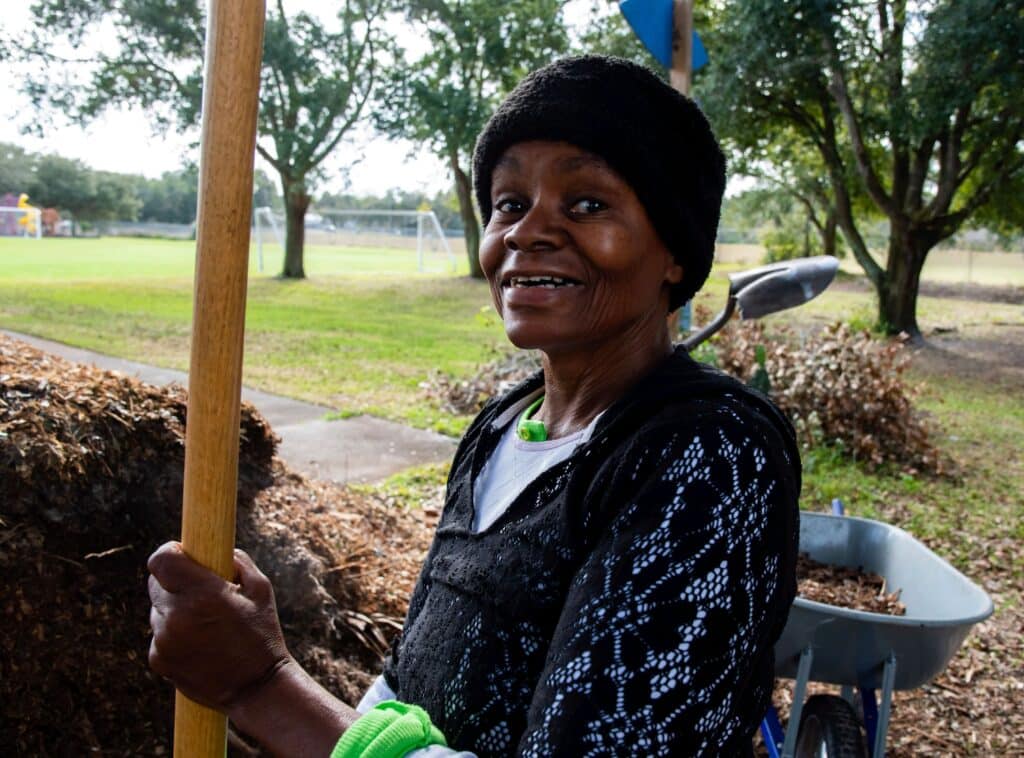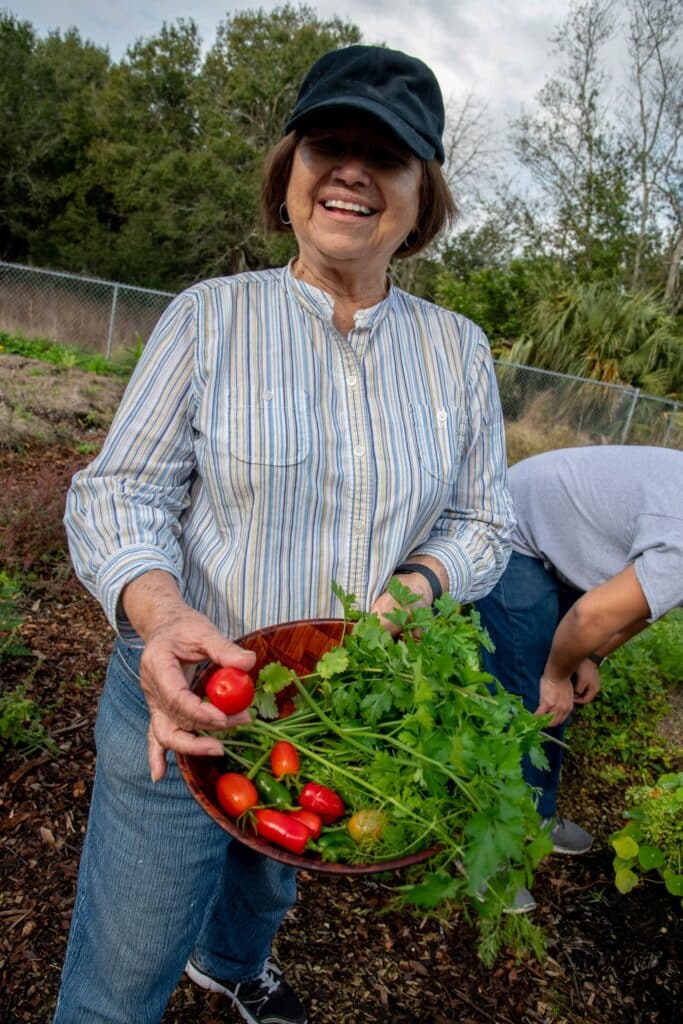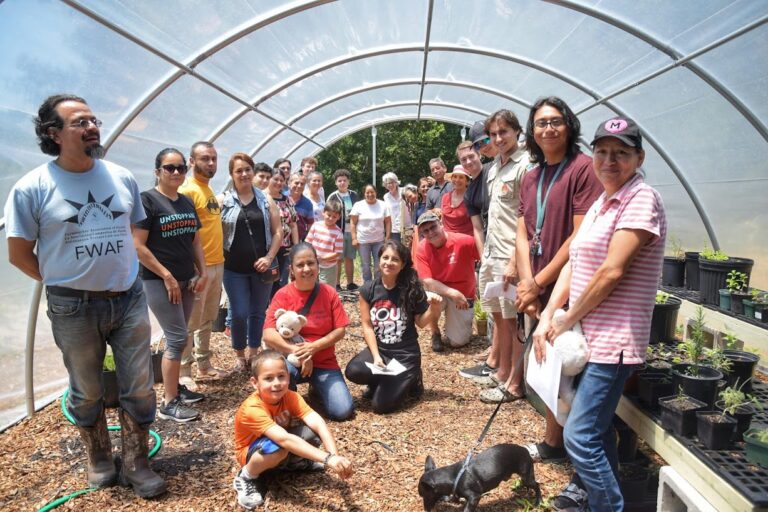We view food sovereignty as the ability of communities to feed themselves with food grown in the community with food that forms part of the community’s culture and ancestral knowledge. We view food sovereignty as part of three components of our mission and vision to be part of the effort to build power among farmworking and rural communities.
These are health, community building, and decolonization. We build on these components through our community gardens where we engage with members of the communities we serve.


When communities grow their own food, they can ensure that it is free of pesticides and fertilizers. Community-grown foods would also be more nutritious than pre-packaged and processed foods that lose much of their nutritional value.
When members of the community work together in the community gardens, we learn from one another about planting practices and ways to use the crops, plants, and herbs. Learning from each other we build relationships that move beyond the garden to the conversations about the greater systems that exploit and divide us. Working and learning together, we build a stronger community.
Food sovereignty is additionally a decolonizing and political education tool. When we control our own access to food and how it is distributed within our communities, we regain control of a large part of how our community works. Exercising the decision at the community level of how land is allotted and how food is distributed is the first step towards building and regaining sovereignty at the community level and from the ground up. Food sovereignty becomes a tool for political education for community members to illustrate how frontline communities can regain that control of their lives.
We view food sovereignty as the ability of communities to feed themselves with food grown in the community with food that forms part of the community’s culture and ancestral knowledge. We view food sovereignty as part of three components of our mission and vision to be part of the effort to build power among farmworking and rural communities.

